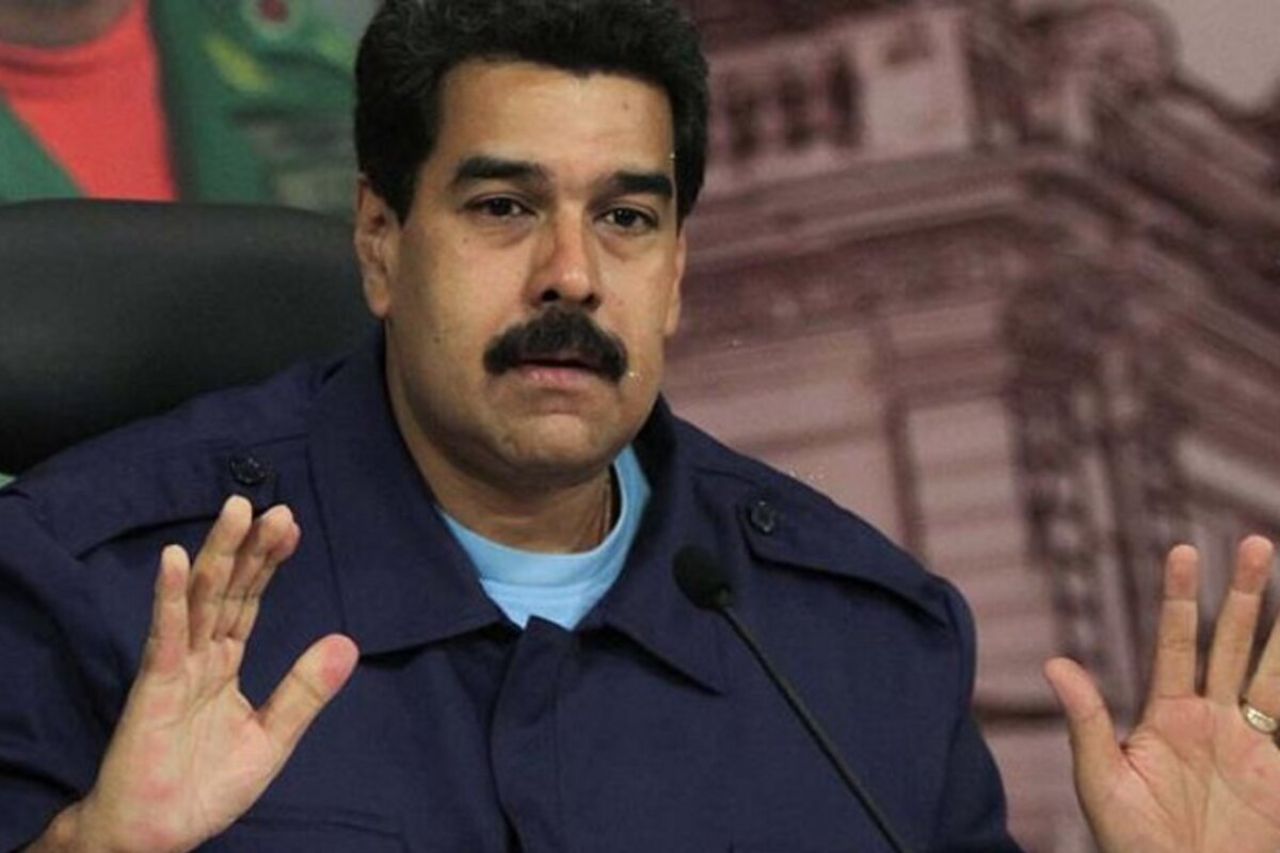The European Union, the United States, the United Kingdom, and Canada imposed new sanctions on a handful of Venezuelan government officials after Nicolás Maduro was controversially inaugurated for the 2025-2031 presidential period.
The blacklist includes the heads of the Venezuelan Supreme Court, Electoral Commission, and state-owned oil company.
Maduro claimed victory in the country’s July presidential elections, but the polls were marred by widespread allegations of fraud, and his officials never provided detailed vote tallies to support their claims. The opposition, led by candidate Edmundo González Urrutia and leader María Corina Machado, set up a parallel count that they say proves González was the true victor.
In a statement announcing the sanctions on Friday, the European Commission said that a “significant majority” of Venezuelans had voted for González, and highlighted that Maduro’s officials never published official polling station records.
“Nicolás Maduro therefore lacks the legitimacy of a democratically elected president,” the Commission said. It added that Venezuelan authorities “hardened repression and harassment against the opposition and civil society and their families” after the elections.
The European Union’s sanctions target 15 individuals they deem responsible for “undermining democracy, rule of law or human rights in Venezuela.” The bloc claimed it had not adopted measures that could harm the Venezuelan people or its economy.
“The responsibility for ending the crisis in Venezuela lies with its authorities,” they added.
Those sanctioned include Supreme Court head Caryslia Beatriz Rodríguez, whom the EU considered responsible for confirming Maduro’s purported win and for “interfering” in the opposition primary elections. National Electoral Council head Antonio José Meneses Rodríguez was sanctioned on accusations of delaying the electoral process and upholding the ban on Machado running for president.
Head of the Bolivarian National Intelligence Service (SEBIN) Alexis José Rodríguez Cabello, meanwhile, was sanctioned based on accusations of “serious human rights violations, such as extrajudicial killings, arbitrary detentions, and the repression of the democratic opposition in Venezuela.”
The US Treasury Department sanctioned eight officials they see as key to supporting the Maduro regime. It said the move constituted a “message of solidarity with the Venezuelan people” and was designed to pressure Maduro.
Its list includes the head of the state-owned oil and gas company PDVSA Héctor Andrés Obregón Pérez and the director of the Scientific, Penal, and Criminal Investigations Corps, Douglas Rico Gonzalez. Rico’s agency stands accused of severe rights violations including extrajudicial killings, and was sanctioned by the EU in 2023.
The measures block U.S. citizens from making transactions with these individuals, and block any property they may hold on U.S. soil.
Sanctions: a checkered history
International sanctions against Venezuela started in 2014, in response to Maduro’s repression of opposition protests.
Investigations have found that broad sanctions on sectors such as the country’s crucial oil industry accelerated a devastating economic collapse that drove acute food shortages and drove around a quarter of the country’s population to leave, according to the United Nations. It’s estimated that more than nine out of 10 Venezuelans remain below the poverty line.
In 2017, then-U.S. President Donald Trump imposed sanctions excluding Venezuela from U.S. financial markets. Then, in 2018, he blocked the purchase of Venezuelan debt, and in 2019 he sanctioned individuals and companies in key industries.
In October, the Biden administration eased some sanctions on bond trading and the oil, gas, and gold industries after an election agreement was signed between Maduro and opposition parties. However, they began reimposing some sanctions in early 2024, after the Venezuelan government barred Machado from running for president.
More than 100 Venezuelan people and institutions remain sanctioned.
On Thursday, Trump, who is set to take office as U.S. president on January 20th, called González Urrutia the “president-elect.”
